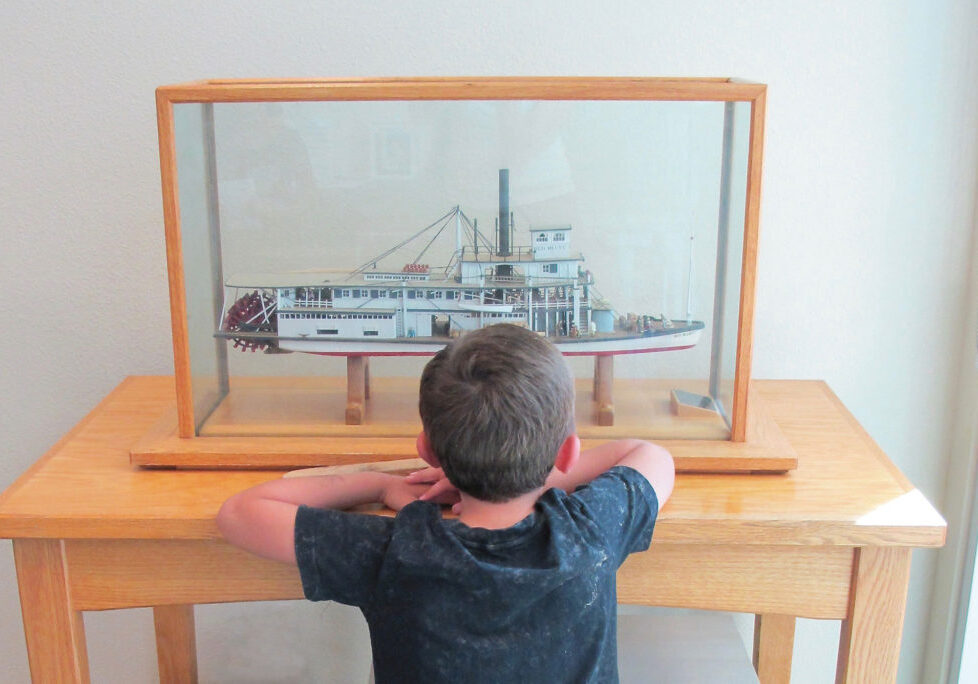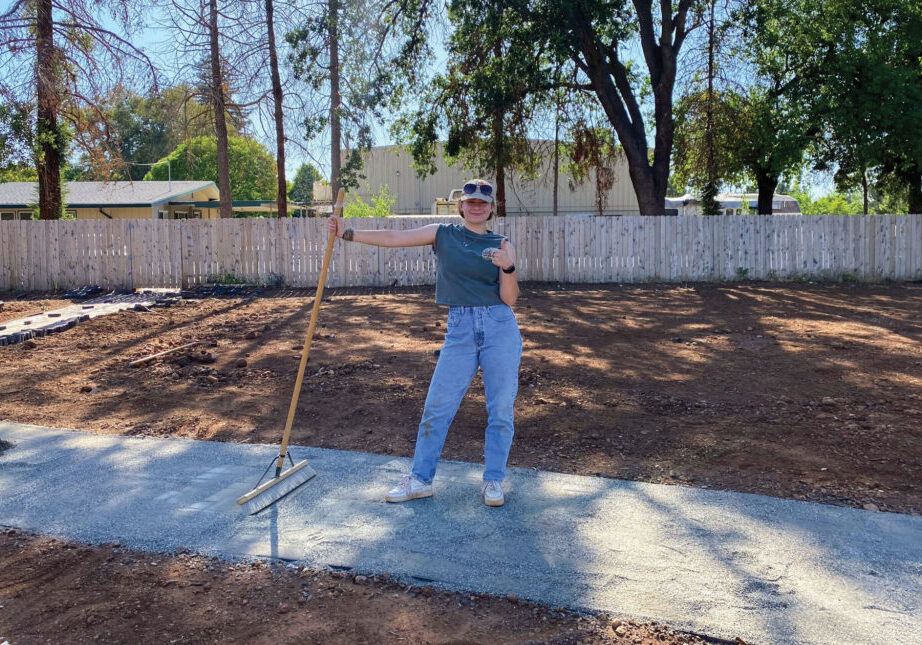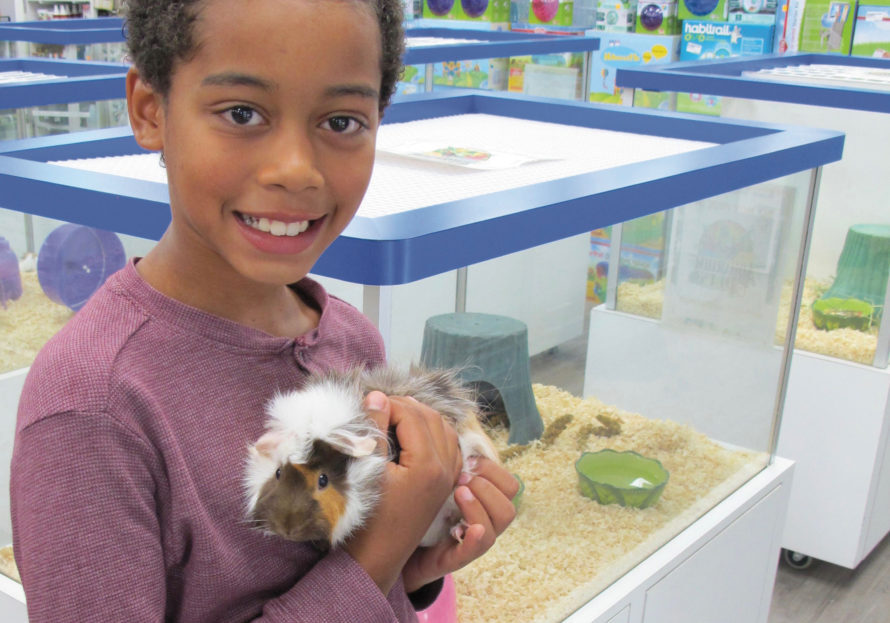Most parents have had the frustrating experience of asking their children questions and receiving one word answers: “What did you do at school today?” The answer: “Nothing.”
We want to engage our kids in conversation that lets us know what they’re thinking, how they’re feeling and whether or not they need support of some kind. So it’s difficult to hit one word dead ends.
But there is hope. You can teach your children to engage in conversation and open up to you by asking them open-ended questions. And the younger your child is when you begin to do this, the better.
Open-ended questions help a child to open up
Big, open-ended questions that can have a thousand answers support your child’s language development as well as critical thinking skills. So you don’t want to ask “Did you have fun today?” which will elicit a yes or no answer. Instead say, “How was your day? Tell me about it.”
When children respond to open-ended questions they gain confidence in their ability to interact with others. They learn to analyze and evaluate what they’ve done and the things they’ve learned. They’re encouraged to respond with creativity and reflection. Even a shy child will begin to open up when asked a question that gets to the heart of his or her thoughts and emotions.
Ask at an appropriate time
When our purpose in asking a question is to encourage a conversation, you’ll want to ask at an appropriate time. Often the best time to ask questions is when your child is engaged in a project of some sort. While you may not want to interrupt their thinking, they are more likely to be open to sharing their thought processes when they’re actively engaged.
If your purpose in asking a question is to problem solve, you’ll want to avoid “Why did you…” and instead preface your question with “How could you fix it?” or “What are your options now?” This puts the responsibility for coming to a solution on your child and you can guide the thinking to a satisfactory conclusion.
Question Starters
So, again, don’t ask a yes or no question unless you follow up with, “Tell me more.” Here are some question starters that may work for you. Some are actually statements geared to thoughtful answers.
- Can you describe…?
- Tell me about…
- I noticed you…. Can you tell me more?
- I’m excited to hear about your day. Can you share three things?…
- How do you think….?
- How can I help….?
Find hundreds more question starters here
Three ways to Encourage Full Answers
- When you ask an open-ended question be sure to allow enough wait time for your child to process the question and formulate an answer.
- Use active listening skills: make eye contact, restate their words to help them solidify and extend answers. “I heard you say…” “Did you mean…?” “Are you saying?…
- Use follow-up responses such as “Tell me more about…” and “What else…?”
Parents who take the time to engage in meaningful conversations with their children are building valuable rapport and trust with them. Rather than feeling bombarded by invasive questions that they don’t want to answer, they’ve been taught all along to share their thoughts, emotions, their “wonderings.”
This invitation to communicate will benefit your child in so many ways; they’ll learn how to gather information, understand how they come to conclusions, extend their vocabulary and their logical thinking skills, know their thoughts are appreciated and gain valuable practice in communication skills that will aid in their learning all throughout life.
Posted in: Family Life & Support, Youth & Teen
Comment Policy: All viewpoints are welcome, but comments should remain relevant. Personal attacks, profanity, and aggressive behavior are not allowed. No spam, advertising, or promoting of products/services. Please, only use your real name and limit the amount of links submitted in your comment.
You Might Also Like...

The Power of Awe: Why Our Children Need More Awe and How To Give It To Them
Maybe you just spotted a rainbow, watched a video about our expansive universe, or witnessed the birth of your child. The emotion you feel is hard to grasp—an overwhelming mix […]

Girl Scouts of the United States of America – Making a Big Impact on Their Communities
Girl Scouts can make a difference in their community in many ways: whether it’s a sustainable large-scale Gold Award Project or a one-time pet food drive, every moment girls spend […]

Same-Page Parenting With Young Children
Parenting young children is hard. It is even harder if you and your partner are not aligned in your child-rearing game plan. A strategy called same-page parenting with young children […]

Mapping Teenagers
Residents of California’s upper North State are fortunate to have access to endless year-round hiking opportunities. Grab a map, and within an hour you can be hitting the trail. Hiking […]




